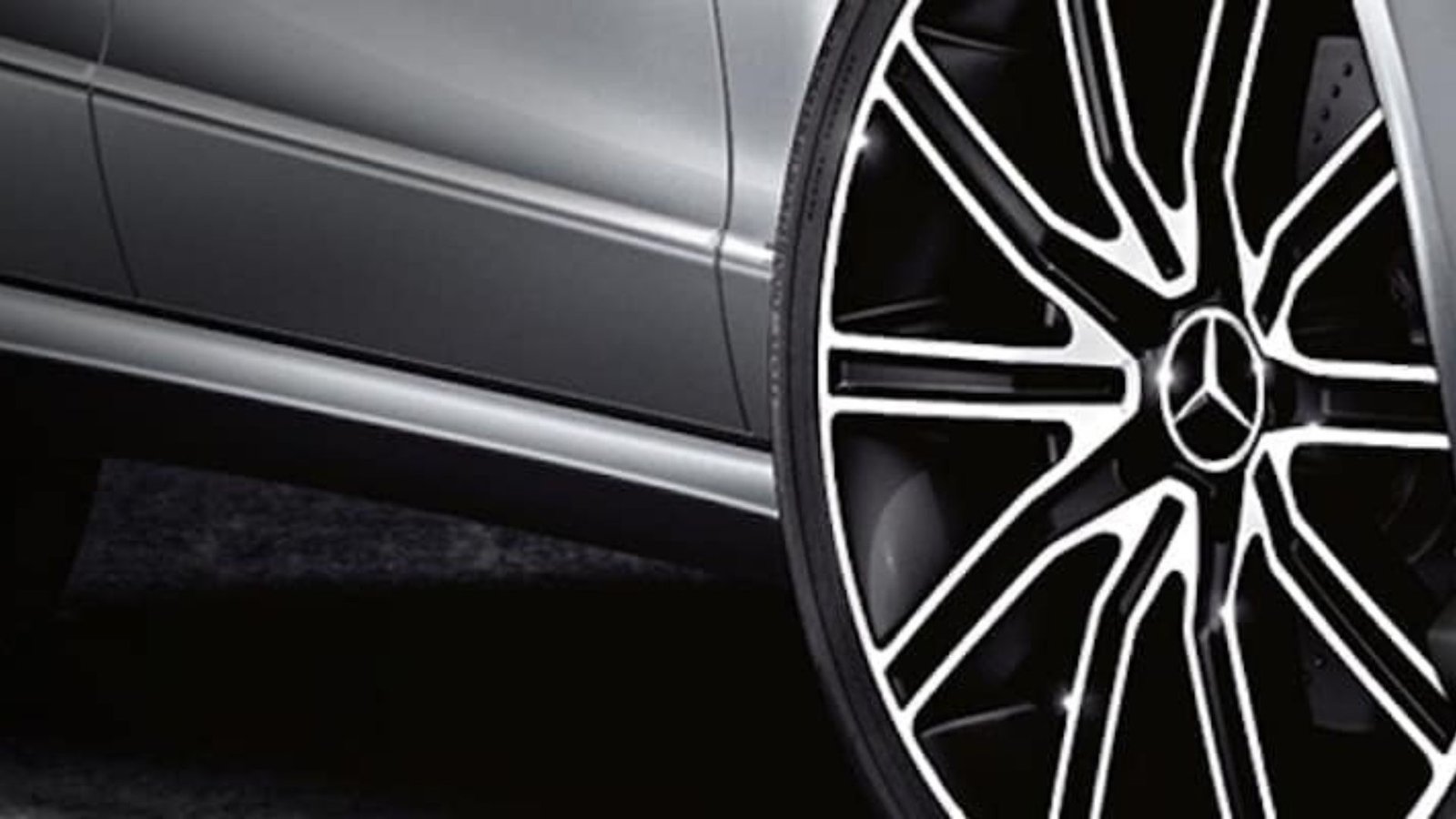The automotive industry continually evolves, and wheel design is no exception. Innovations in technology, materials, and aesthetics drive the future of wheel design. This guide explores emerging trends shaping the wheels of tomorrow, offering insights into what we can expect in the coming years.

Lightweight Materials
Manufacturers increasingly use lightweight materials to enhance performance and efficiency. Future wheels will likely incorporate advanced composites, such as carbon fiber, and lightweight alloys. These materials reduce unsprung weight, improving handling, acceleration, and fuel economy. As technology advances, expect more durable and affordable lightweight options.
Aerodynamic Efficiency
Aerodynamics plays a crucial role in vehicle performance. Future wheel designs will focus on reducing drag and improving airflow. Engineers will create wheels with streamlined shapes and integrated features, such as air channels and covers. These innovations enhance fuel efficiency and reduce emissions, aligning with the growing emphasis on environmental sustainability.
Customization and Personalization
Customization remains a significant trend in automotive design. In the future, wheels will offer greater personalization options. Advances in manufacturing techniques, such as 3D printing, will enable bespoke designs tailored to individual preferences. Consumers will choose from various colors, finishes, and patterns, making their vehicles truly unique.
Smart Wheels and Integrated Sensors
Smart technology extends to wheels with integrated sensors that monitor various parameters, including tire pressure, temperature, and wear. These smart wheels will provide real-time data to drivers and vehicle systems, enhancing safety and performance. The integration of Internet of Things (IoT) technology will allow for seamless communication between wheels and other vehicle components.
Sustainable and Eco-Friendly Designs
Sustainability is becoming a priority in wheel design. Future wheels will utilize eco-friendly materials and manufacturing processes. Recyclable alloys and bio-based composites will reduce environmental impact. Additionally, manufacturers will adopt greener production methods, minimizing waste and energy consumption. Eco-friendly wheels will appeal to environmentally conscious consumers.
Advanced Manufacturing Techniques
Technological advancements in manufacturing will revolutionize wheel design. Techniques such as additive manufacturing (3D printing) and automated precision machining will enable more complex and efficient designs. These methods will allow for faster prototyping and production, leading to innovative and high-performance wheels that were previously unattainable.
Enhanced Durability and Performance
Future wheels will offer enhanced durability and performance, thanks to advancements in materials and design. Engineers will focus on creating wheels that withstand extreme conditions and heavy use without compromising performance. Improved heat dissipation, impact resistance, and corrosion protection will ensure long-lasting and reliable wheels.
Integration with Autonomous Vehicles
As autonomous vehicles become more prevalent, wheel design will adapt to meet their unique requirements. Future wheels will incorporate features that enhance the performance of self-driving cars, such as optimized traction and stability controls. Additionally, wheels will integrate with vehicle sensors and systems, ensuring seamless operation and safety in autonomous driving scenarios.
Aesthetic Innovation
Aesthetic innovation remains a driving force in wheel design. Future trends will include bold and futuristic styles that reflect the cutting-edge technology of modern vehicles. Designers will experiment with new shapes, finishes, and lighting elements to create visually stunning wheels that complement advanced automotive designs.
Electric Vehicle Compatibility
The rise of electric vehicles (EVs) influences wheel design significantly. Future wheels will cater to the specific needs of EVs, such as optimizing range and efficiency. Lightweight and aerodynamic designs will reduce energy consumption, while smart features will integrate with EV systems to provide real-time performance data. EV-specific wheels will contribute to the overall efficiency and appeal of electric cars.
Conclusion
The future of wheel design is exciting and transformative, driven by advancements in materials, technology, and consumer preferences. Lightweight materials, aerodynamic efficiency, and smart technology will define the wheels of tomorrow. Customization, sustainability, and enhanced performance will cater to the evolving demands of the automotive market. As we move forward, these trends will shape the wheels that drive us into the future.




